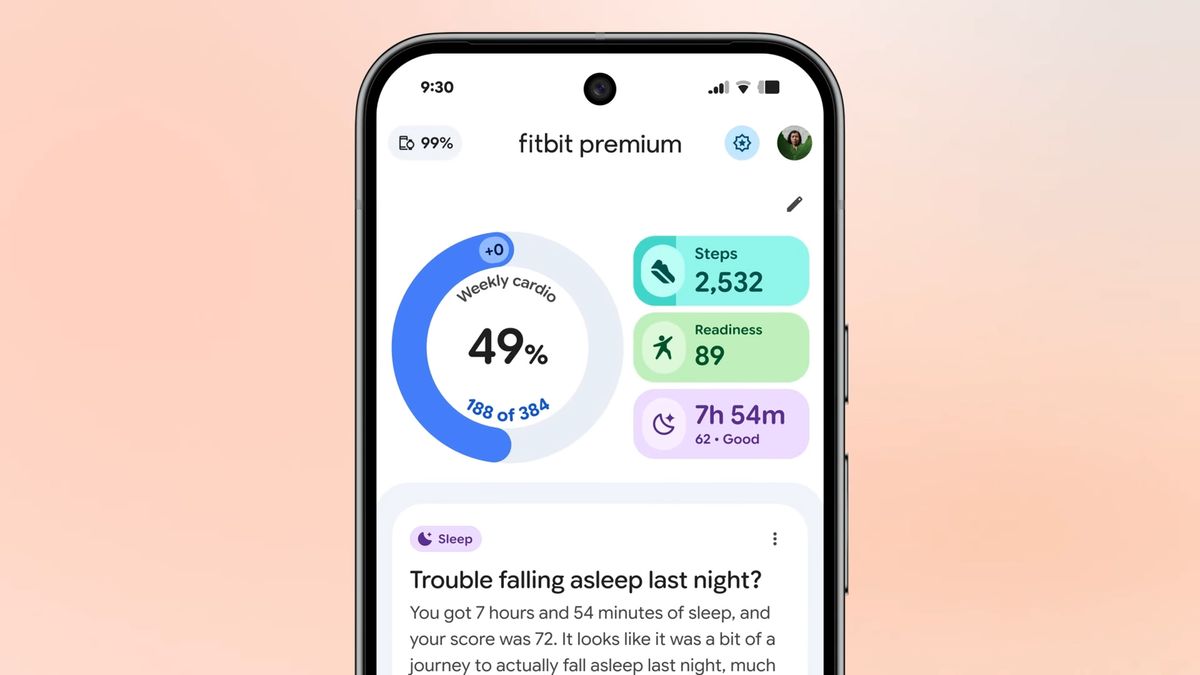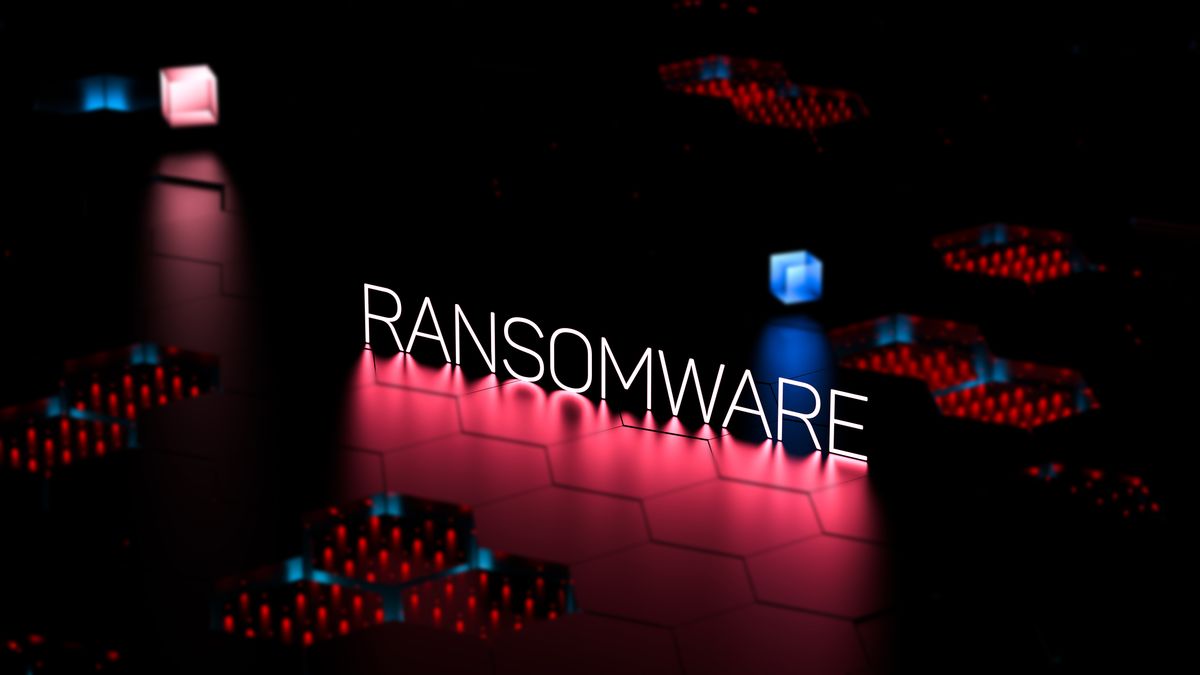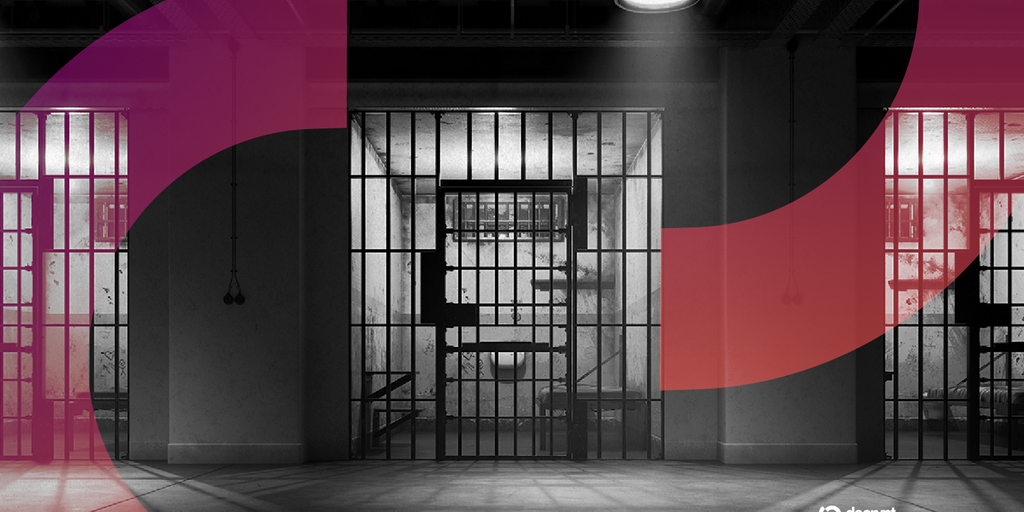Are paid proxy services faster than free ones?
Yes, in almost every circumstance. Free proxy servers usually handle requests from an entire pool of free account holders, thereby reducing their overall capacity, bandwidth, and resources. If you're paying for a proxy server service, you won't have to share with so many other users.
Will I get better uptime with a paid proxy service?
It's likely. Many proxy server services say they offer uptime of 99-something percent, but this may only be provable with paid servers that are under less user strain or have investment poured into them. Free proxies deliver basic proxy functionality and may be more prone to slowness, disconnection, and downtime.
Also: How to remove your personal info from Google Search - it's quick and easy
Are free proxies safe to use for sensitive or private online activities?
No. If you intend to use a proxy for sensitive activities, confidential document transfers, banking, and so on, you should either use a VPN or sign up for a paid proxy service. Free services do not guarantee security, but paid options usually offer encryption at a minimum.
Can you detect if someone is using a proxy?
Yes, it is possible for websites and online services to detect the use of a proxy -- but not always. Bot detection systems, IP blacklists, behavioral analytics services, header and traffic monitoring, and machine learning–based algorithms may be able to detect IP addresses, network and user patterns that suggest the use of a proxy. It's more likely to happen if a free proxy service is in use.
Are free proxies a cybersecurity risk?
Not always, but there are potential risks that you need to be aware of. Some shady "free" proxy services may compromise your privacy by logging and selling your data. Others aren't proxy servers at all, and will instead try to lure you into downloading and installing malware.
Also: The best free VPNs: Secure, safe, and tested solutions
That's not to say all free proxies are scams -- far from it. However, they are unlikely to be inherently secure; they may not encrypt your data, and you may be at risk of exposure or data theft.
Do proxies support protocols like SOCKS5 or HTTPS?
Absolutely. The most commonly supported protocols are HTTP and SOCKS. However, depending on their intended use, proxy servers can support a variety of protocols, including HTTP, HTTPS, SOCKS, SOCKS5, TCP, FTP, and ICMP.
Can I use a proxy to unblock streaming services?
Yes. Proxies may offer you a dedicated, static IP address that can help you avoid geoblocked streaming services. Alternatively, you may be able to cycle through IP addresses. However, on occasion, IP addresses associated with proxies may be blocked by streaming platforms and similar services, and so you might have to switch your IP address via your proxy for access.
Should I pay for a proxy if I want to use it casually?
This really depends on what you want to use a proxy for. If you just want occasional access to a website that has been blocked by your ISP or country, a free proxy should be enough. But to reiterate our previous warning: Do not use a free proxy for sensitive tasks. You will also need to expect lower speeds, potentially poor reliability, and a risk of dropped connections.
How do I check to see if a proxy service is a scam?
The first and easiest way is to find out if anyone has had a poor experience with the service you're considering. Type its name into a search engine along with a phrase such as "proxy.com customer reviews." You'll be able to find out what other people are saying. You can also look up the company on Trustpilot.
There are a few signs, too, that a service isn't what it claims to be. Look for suspicious pop-ups and unwanted downloads, oddly cheap pricing, no customer support channels, and a lack of transparency about the company's location, number of customers, and whether it adheres to basic security practices. Any of these could indicate that a proxy service is a scam.
What are the main differences between a proxy and a VPN?
A proxy acts as a gateway that is capable of disguising your IP address and spoofing web traffic. A VPN can also disguise your original IP address and assign you a new one, but it encrypts and routes your traffic through its own server networks. This can help prevent you from being tracked.
Also: Best VPNs: I've tested countless VPNs to find the fastest and most secure services
Furthermore, VPNs often offer additional security and privacy controls, such as ad and tracker blockers, data leak alerts, and "double VPN" connections to further disguise your online activities.
Stay ahead of security news with Tech Today, delivered to your inbox every morning.

 4 months ago
57
4 months ago
57








 English (US) ·
English (US) ·